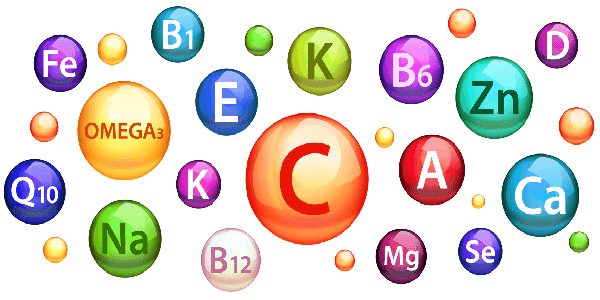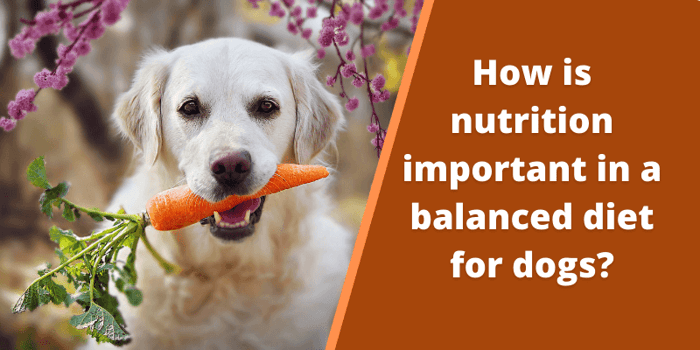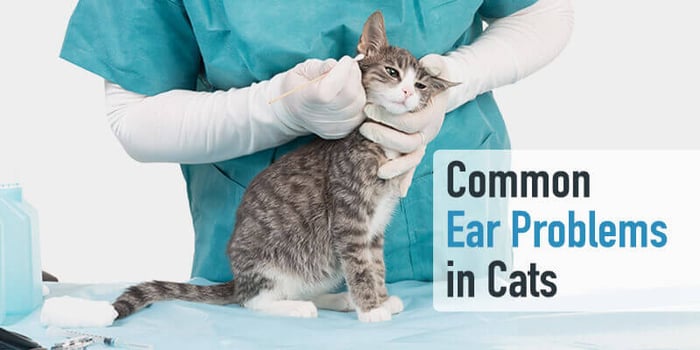This article talks about the role of nutrition in a balanced diet for dogs. Read along to know about dietary challenges for puppies and dogs and easy tips to keep your dog healthy.
The Role of Nutrition in Maintaining a Dog's Health
Optimal nutrition plays an important role not only in managing good health but also in disease states. Therefore, a balanced diet is critical for your dog.
A balanced diet for dogs must contain 6 nutrients—water, carbohydrates, proteins, fats, minerals, and vitamins. These nutrients have specific functions that contribute to optimal growth, body tissue maintenance, and the overall health of dogs.
Complete and Balanced Diet and Feeding Information
A complete and balanced dog diet must include all the essential nutrients mentioned in the previous paragraph. And the quantity of each portion of food should be balanced according to the life stage requirements. For example, puppies grow rapidly and need a higher level of proteins, compared with adult dogs.
The quantity of food that should be given to your pet depends on various factors such as the quality of the diet/feed (i.e., nutrition profile), the amount of exercise, neutering status, and health status. Seek your vet’s advice on your pet’s daily requirement to avoid underfeeding or overfeeding.

Diet-Related Challenges in Puppies
- Puppies grow rapidly during the first 6 months of age; at this stage, they have low immunity and are 3 times more prone to infections than adult dogs.
Also, they have a poor enzymatic capacity that results in low absorption of nutrients, thus affecting overall growth. - It may be difficult to avoid these concerns; but they can be addressed by naturally boosting the body’s inbuilt capacities of immunity and digestion by adding herbs or fruits like papaya, a well-known digestive stimulant, black pepper, or Guduchi. Consult your vet before giving herbs or fruits to your puppy.
Diet-Related Challenges in Adult Dogs
- Adult dogs may be affected by chronic health conditions such as kidney, heart, or liver problems based on the type of diet provided. Hence, it is necessary to make the right choices.
- These common issues cannot be avoided but can be deferred by naturally boosting the body’s inbuilt capacities of metabolism, skin immunity, and kidney functions by including herbs or fruits, in the diet, like Polpala (a known metabolic stimulant), tree of heaven, and cranberry (a renal protective agent). Consult your vet before adding these foods to your adult dog’s diet.
4 Easy Diet Tips to Keep your Dog Healthy:
- Feed your dog a complete and balanced diet to ensure optimum growth based on the life stage requirements, in consultation with your vet.
- Consult your vet on the right type of diet to be given to your dog as each dog’s nutritional requirements vary.
- Consult your vet on feeding your dog foods with herbs, fruits, or vegetables based on life stage requirements.
- Visit your vet for a routine health checkup to keep your dog healthy and happy.
“If you pick up a starving dog and make him prosperous, he will not bite you. This is the principal difference between a dog and man.” - Mark Twain
Source: All About Pets. The Role of Nutrition in Maintaining Health in Dogs. 2020;1(1):1.
Check out the Pet Care section for more blog posts on pets' health, diet, and so on.
Explore the Himalaya Wellness blog for more useful articles.
 Himalaya Global Holdings Ltd. (Our Parent)
Himalaya Global Holdings Ltd. (Our Parent)





